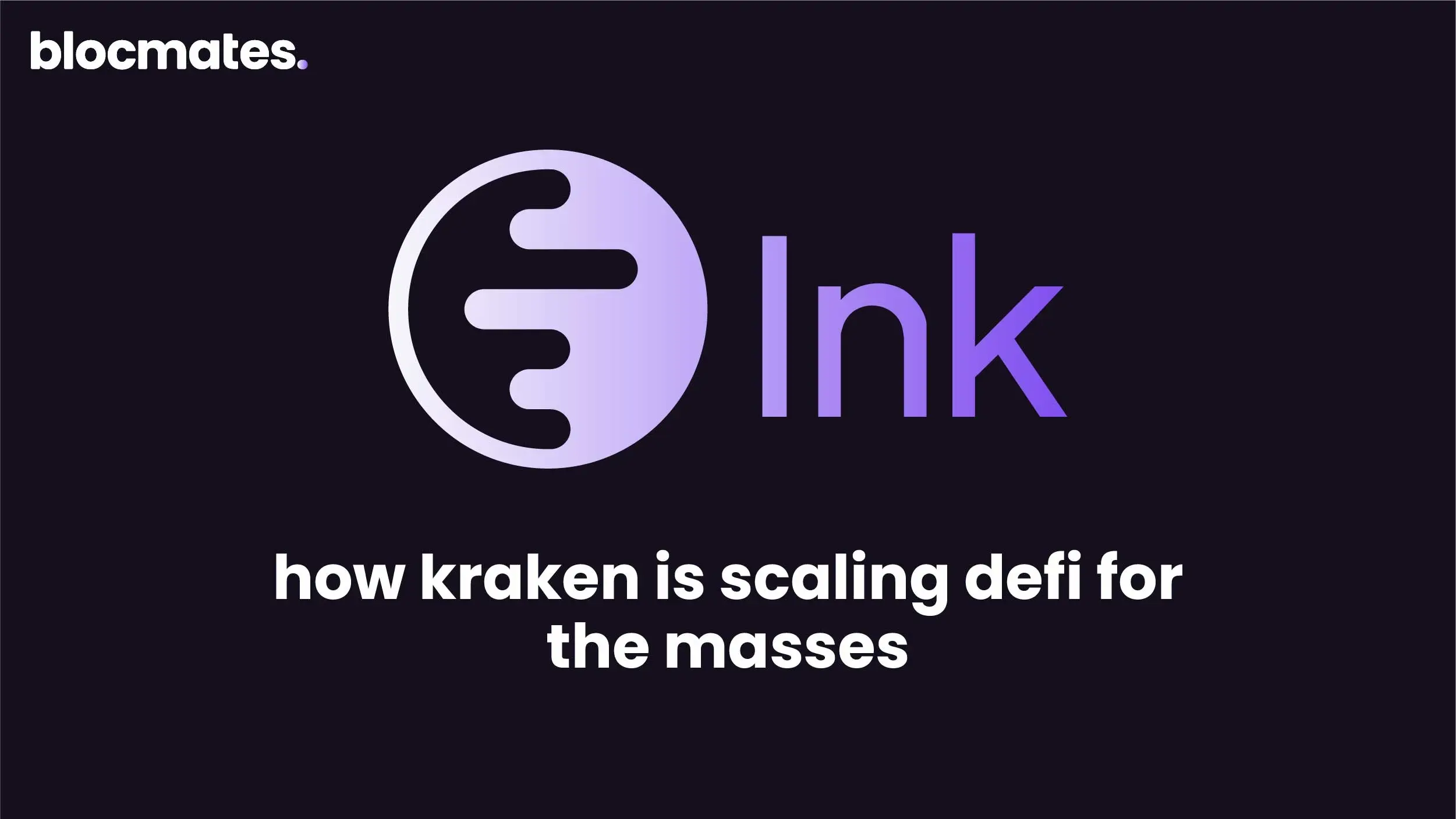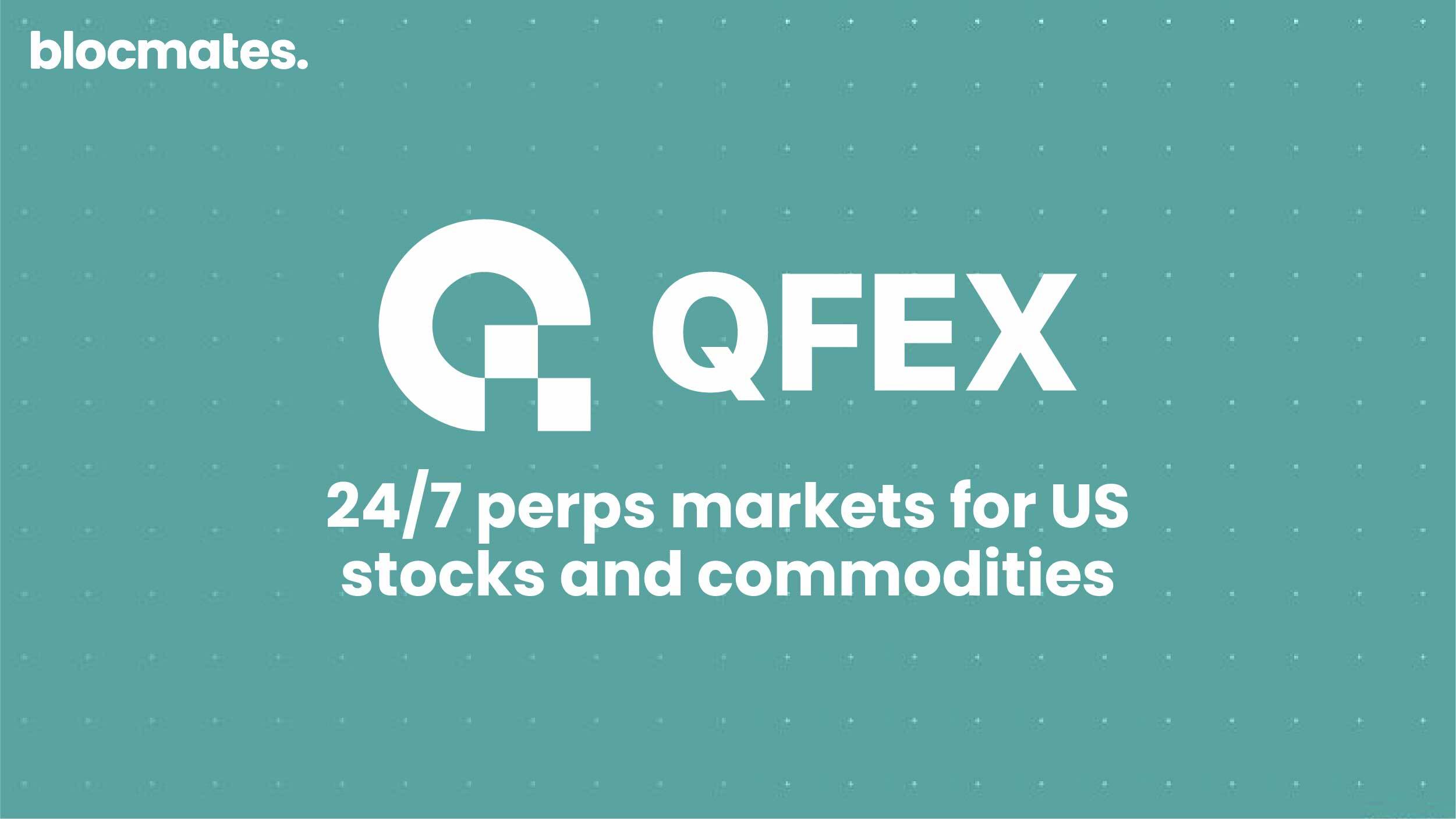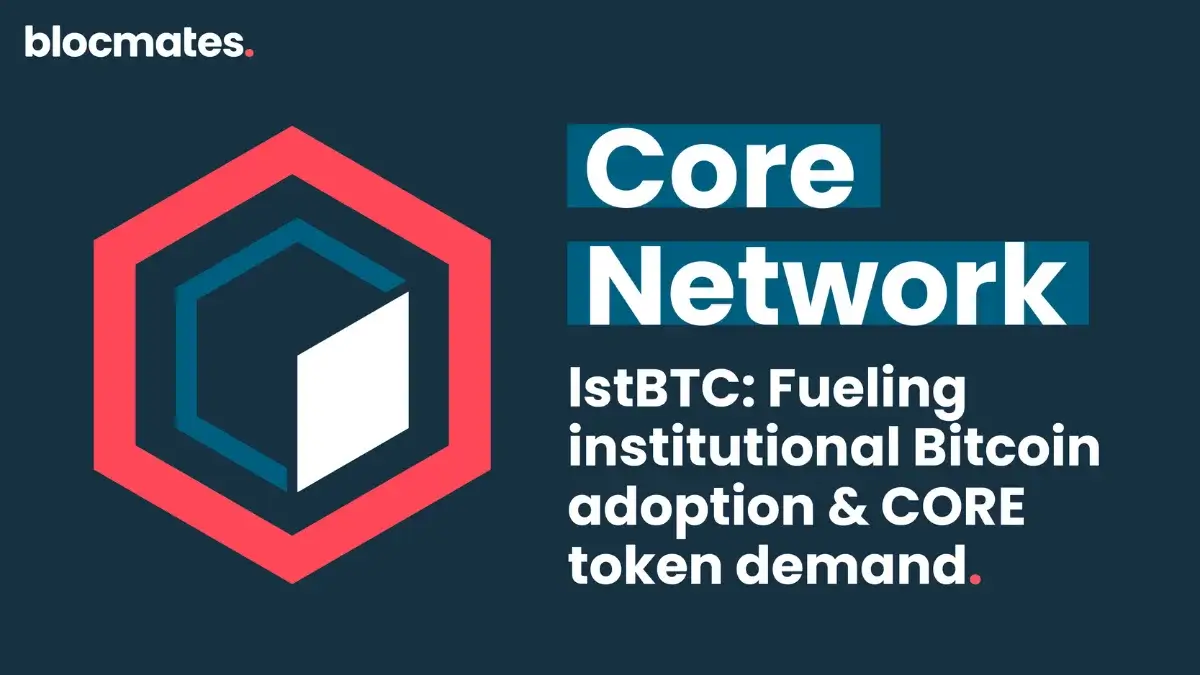Eastern Asia is emerging as a significant player in the global crypto market, with South Korea and Hong Kong at the forefront of the region's adoption, according to the latest report released by blockchain analytics firm Chainalysis.
The report highlights that South Korea has taken the lead in the region, with approximately $130 billion in crypto value received during the study period.

This significant growth in South Korea's crypto market is attributed to several factors, including a general mistrust in traditional financial systems and the adoption of blockchain technology by major corporations.
Chainalysis cited that industry experts in South Korea have noted a shift in the public perception of crypto assets as viable investment options. They stated,
“The public’s perception of crypto as a viable investment option has been further solidified by adoption of blockchain by major corporations like Samsung and large enterprises in the region that are working to enhance operational transparency and efficiency.”
An executive from a leading South Korean crypto exchange explained that the country’s increased interest in crypto assets has been noticeable since Bitcoin surpassed $70,000 in January 2024.
Altcoins have played a considerable role in this growth, accounting for a higher share of outflows to global exchanges than any other crypto asset in South Korea. After altcoins, Bitcoin remains the second most traded crypto against the Korean Won.
Following South Korea, Hong Kong ranks second in Eastern Asia crypto adoption, solidifying its position as a crypto hub within the Greater China region, driven by a favorable regulatory environment that encourages institutional adoption.
Chainalysis reports that Hong Kong has experienced the largest year-over-year growth in the Eastern Asia region, with an 85.6% increase, ranking 30th on the Global Crypto Adoption Index. The region's openness to crypto and decisive steps toward establishing a regulatory framework have been key factors in fostering crypto adoption.
Chainlaysis noted in the report,
“This regime provides a regulated path for retail investors to access crypto, but also lays out stringent prudential, consumer protection, and AML/CFT standards.”
The blockchain firm elaborated that this approach has not only encouraged institutional investors but also attracted professional investors, creating a diverse and strong crypto market in Hong Kong.
Global Position and Market Trends in Eastern Asia
Despite dominating the Eastern Asian market, South Korea and China ranks 19th and 20th respectively on the global crypto adoption scale, according to another report by Chainalysis.
This indicates that while they are regional leaders, their crypto adoption is still behind other countries on a global scale.
Eastern Asia as a whole ranks as the sixth-largest cryptocurrency economy in the world, accounting for 8.9% of global value received between July 2023 and June 2024. The region received more than $400 billion in on-chain value during this period.

CEXes are the most dominant service category in Eastern Asia, making up 64.7% of the crypto value received. Most of this activity is driven by large transfers, suggesting a market primarily composed of institutions and professional investors.
Chainalysis notes a clear distinction between the services used by professional investors, who favor centralized exchanges, and institutional investors, who lean towards decentralized exchanges and DeFi services.

This indicates that institutional investors may be seeking investment strategies that exploit market inefficiencies, often found on decentralized platforms due to their diverse asset coverage.
However, it’s worth noting that Eastern Asia ranks lowest in terms of year-over-year growth in different crypto services, particularly in DeFi. This contrasts with other regions like Sub-Saharan Africa, Latin America, and Eastern Europe, where DeFi activity has surged.


































.webp)

.webp)
.webp)

%20(1).webp)



























































%202.webp)


.webp)

.webp)
.webp)
.webp)



.webp)
.webp)

.webp)
.webp)
.webp)


.webp)
.webp)










.webp)


.webp)









.webp)







.webp)




.webp)


























.webp)







.webp)















.webp)

.webp)
.webp)

.webp)














.webp)

.webp)


.webp)








.webp)




